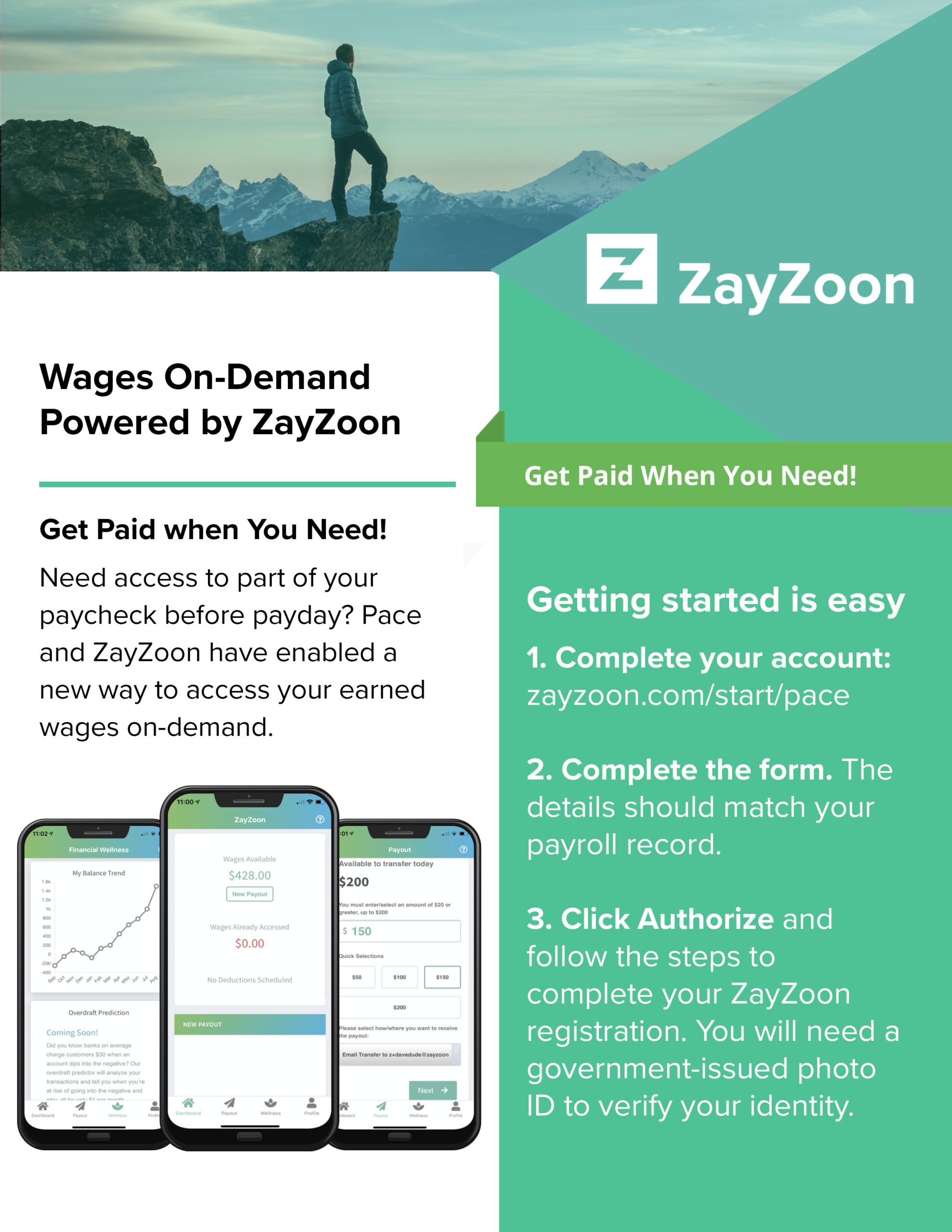
One of the most important decisions you will make when starting your new business as an owner-operator is choosing which business structure to use. Depending on the state where you plan to register your new business, there are several entity types available. Each one has its own set of advantages and disadvantages, so carefully consider which one is best for your financial situation, your risk tolerance, and your business goals. Pace does not recommend business entities to our Independent Contractors or Freight Agents. However, our team is happy to discuss the pros and cons of each option with you in more detail.
Sole Proprietor
Easy to start | Highest risk
A sole proprietorship is often viewed as the simplest business structure and has few requirements to get started. Simply put, a sole proprietorship is any unincorporated business owned by a single individual. In most cases, the owner operates the business under his or her own name and is not required to register a separate business name.
Advantages: Sole proprietorships are normally easy and inexpensive to start and operate and usually do not require any state registration to begin operations. The owner owns 100% of the business and has authority over all decisions. The owner is also entitled to all the profits. Filing taxes may also be simpler because all business income and expenses are typically reported on the owner’s personal tax return. In most scenarios, there is no need to file a separate business tax return.
Disadvantages: One of the main disadvantages of a sole proprietorship is that there is no legal separation between the owner and the business. Therefore, while the owner may be entitled to all the profits from the business, he or she is also likely liable for the entire business. This can include any debt or damages awarded from lawsuits against your business, so as a sole proprietor, your personal assets are at risk. Should you be sued and lose the lawsuit, the plaintiffs may be able to pursue your personal assets. Also, even though taxes are simpler, a sole proprietorship probably won’t be able to take advantage of more favorable tax strategies available to other types of entities.
General and Limited Partnership
Easy to start | High risk
A general partnership is essentially the same thing as a sole proprietorship, except it has more than one owner. All owners in a general partnership are jointly entitled to the profits and are likewise responsible for all liabilities. As with a sole proprietorship, if the general partnership is sued or incurs debt, the plaintiff can claim the partners’ personal assets.
A limited partnership is a hybrid between a general partnership and a limited liability partnership. Limited partnerships consist of general partners and limited partners. General partners are personally responsible for any debts or obligations incurred by the business. They are also responsible for the management of the business. Limited partners, on the other hand, are not personally liable for debts or obligations, but they also cannot participate in managing or directly running the business. In this type of arrangement, the general partners start and operate the business, and the limited partners act solely as investors.
Limited Liability Partnership (LLP)
Lower risk | Fewer tax options
A limited liability partnership is basically the same as a general partnership, but with an added layer of protection. Under this type of entity structure, each partner is not responsible for the obligations created by another partner’s actions. The levels of liability protection vary from state to state, with some allowing limitations of personal liability similar to that of corporations, and others only limiting liability from other partners’ negligence or misconduct.
Advantages: Limited liability partnerships offer varying degrees of protection for its owners. Some states provide limitations of personal liability from the actions of other partners, or from business debts, contracts, and other obligations. In addition to limitations on personal liability, this structure also allows each partner to assume an active role in managing the business.
Disadvantages: Unlike other business structures, limited liability partnerships require at least two owners, each with the ability to act on behalf of the business. This means that partners must work together to make business decisions. LLPs also differ widely from state to state, and state-to-state reciprocity is not always recognized. Therefore, if you registered your business as an LLP in one state but start to operate in another, you might have to go through the application process again. All forms of partnerships have more complicated tax filing requirements than a sole proprietorship.
Limited Liability Company (LLC)
More requirements to start | Lower risk
A limited liability company is a hybrid business entity that combines the limited personal liability of a corporation with the flexibility and pass-through tax treatment options of a sole proprietorship. Limited liability companies can have any number of owners, including just a single owner.
Advantages: Limited liability companies provide a similar level of personal protection as a corporation. This means that the business is legally separated from the owner’s personal assets, and risks are limited to only the money and assets owned by the company itself. LLCs can also choose which tax method they operate under, including pass-through treatment which allows the owners of the LLC to avoid the double taxation inherent to a corporation. LLCs are not required to have officers or a board of directors, so owners can set up the management structure however they prefer.
Disadvantages: LLCs typically do not require an operating agreement, but they do require additional filings to get started, including a business name registration and payment of additional state and local business taxes. Owners may also be required to file quarterly estimated tax returns.
Corporation
Lowest risk | Most requirements to get started | Highest tax liability
Corporations are the most easily recognizable form of business and are what most people imagine when they think about the traditional idea of a company. Like a limited liability company, a corporation is treated as a separate legal entity from its owners, who are called shareholders. Shareholders can receive profits from the corporation in the form of dividends, while also remaining personally protected from the corporation’s liabilities. The big difference is that most corporations are taxed directly on the profits they make, leading to double taxation. (Some corporations elect to be taxed under subchapter S of the internal revenue code. In this case, the corporation can pass income directly to shareholders and avoid double taxation. S corporations must meet strict IRS requirements in order to qualify for pass through tax treatment.)
Advantages: Corporations provide the highest level of liability protection for their owners. In most cases, shareholders have no personal obligation to the company beyond payment in exchange for shares of stock. If the corporation is sued or loses money, the shareholder is protected and can only lose the money they paid for their shares of stock. C Corporations can have unlimited shareholders, allowing greater opportunity to generate capital.
Disadvantages: The biggest disadvantage is that most corporations must pay taxes before paying out dividends to shareholders. Then, each shareholder must also pay taxes on the income they receive in the form of dividends. This is what is commonly referred to as “double taxation”. Corporations must also comply with more stringent reporting and organizational requirements which vary according to jurisdiction.
Which Structure is Right for You?
Each type of business entity offers several distinct advantages and disadvantages. You must carefully consider many factors, including your starting finances, your risk tolerance, your business goals, your goals for future growth, the ideal number of owners, and your preferred tax strategy. Discuss all the details of your business plan with a reputable lawyer or CPA to help you weigh your options and make the best decision for you. Starting a new business is exciting, and by educating yourself in advance, you can start successfully from the beginning!
Disclaimer: The contents of this posting are intended to convey general information only and not to provide legal, tax, accounting or other professional advice or opinions. The contents of this posting, and the posting and viewing of the information on this website, should not be construed as, and should not be relied upon for, legal, tax, accounting or other professional advice in any particular circumstance or fact situation. The information presented in this posting may not reflect the most current legal developments. No action should be taken in reliance on the information contained in this posting and Pace disclaims all liability in respect to actions taken or not taken based on any or all of the contents of this posting to the fullest extent permitted by law. Appropriate professionals should be contacted for advice on specific issues.











